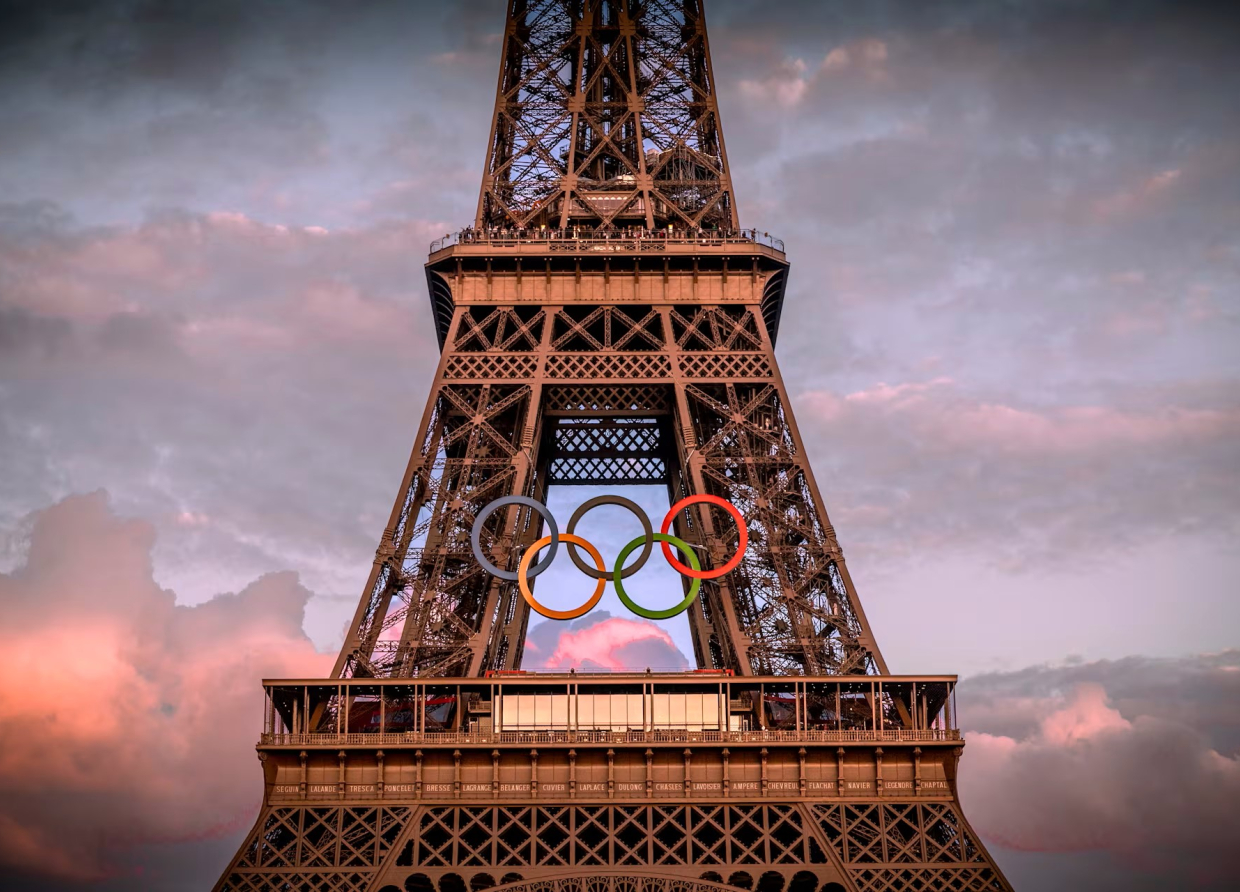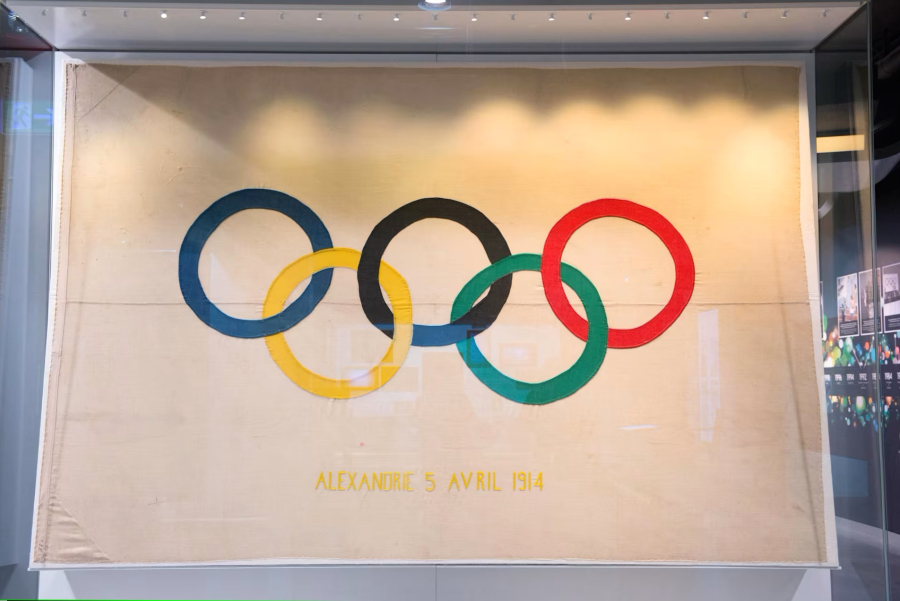
A HISTORICAL JOURNEY OF THE OLYMPICS: DECADES OF ATHLETIC BRILLIANCE
The Olympics transform the world stage into an arena of inspiration and cultural diversity.
The Olympics, or "Jeux Olympiques" in French, are the world's most prestigious international sporting event, featuring both summer and winter competitions. Every four years, athletes from around the globe gather to participate, representing over 200 countries and territories. The Olympics are not only a platform for showcasing athletic prowess but also a celebration of global unity and cultural exchange.

Inspired by the ancient Olympic Games held in Olympia, Greece, from the 8th century BC to the 4th century AD, the modern Olympics were revived in 1894 by Baron Pierre de Coubertin. The first modern Olympic Games took place in Athens in 1896. Since then, the Olympics have evolved significantly. The International Olympic Committee (IOC), founded by Coubertin, governs the Olympic Movement and ensures the Games' success and integrity.
Over time, the Olympics have expanded to include the Winter Olympics, the Paralympic Games for athletes with disabilities, the Youth Olympic Games for younger athletes, and various Continental Games. The IOC also supports the Deaflympics and the Special Olympics, promoting inclusivity and the spirit of sportsmanship.
The Olympics have faced various challenges and changes throughout their history, including adaptations to economic, political, and technological advancements. The IOC's decision to allow professional athletes to compete marked a significant shift from the original amateur-only rule. Despite hurdles such as world wars and the COVID-19 pandemic, which led to the postponement of the 2020 Olympics, the Games have continued to thrive.
The Olympic Movement consists of International Sports Federations (IFs), National Olympic Committees (NOCs), and Organizing Committees for each specific Olympic Games. The IOC is responsible for selecting host cities, organizing and funding the Games, and determining the Olympic program. Iconic symbols such as the Olympic flag, torch, and the opening and closing ceremonies, along with rituals and traditions, create a unique and memorable experience for athletes and spectators alike.
The Games have grown immensely, with over 14,000 athletes competing in the 2020 Summer Olympics and the 2022 Winter Olympics combined. The inclusion of nearly every nation highlights the Olympics' role in fostering international camaraderie. The host cities and countries also gain a unique opportunity to showcase their culture and achievements on a global stage.

From their inception to the present day, the Olympic Games have maintained their core values of excellence, friendship, and respect. They provide a platform for athletes to achieve their dreams and inspire millions worldwide. As the Games continue to evolve and adapt, they remain a symbol of hope, unity, and the enduring human spirit.
By continuously advancing Coubertin's vision, the modern Olympics have become more than just a sporting competition. They have become a symbol of humanity's ability to collaborate and celebrate diversity. With each new edition, the Olympics remind us of the great potential humans possess when united in the spirit of friendship and peace. From the athletic arena to the global stage, the Olympics continue to be a beacon of inspiration and achievement, celebrating not only individual success but also the collective triumph of humanity.
photos source : olympics.com/ioc/olympic-flag and olympics.com/ioc/olympic-rings
#Olympic Games #global sports event #international competition #Olympic history #athletic excellence #cultural exchange #Olympic spirit #summer Olympics #winter Olympics #Paralympic Games #Youth Olympic Games #Olympic traditions #IOC governance #Olympic symbols #host cities #global unity #sportsmanship #Olympic legacy #ancient Olympics #Olympic values #media #article #rsvp clique #rc

